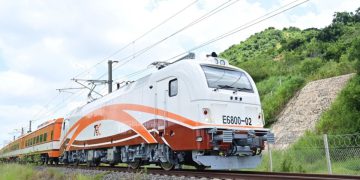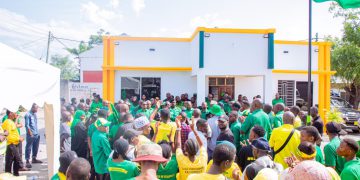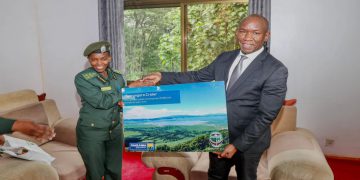
Despite the fact that Tanzania has done a commendable job as far as increasing the school enrollment rate is concerned, the quality of education received by the children remains uncertain and the country is now being called on to focus on improving it.
Speaking yesterday in Dar es Salaam, the World Bank Director for Human Development – Africa Region Ritva Reinikka explained that children are not receiving their lessons well due to poor learning environment.
“The problem is with some of the teachers,” she said noting however even the methodology is faulty “…the actual teaching national average is 2 hours and 4 minutes…this isn’t enough if you are to improve the quality of education,” he cautioned.
“…improving the quality of basic education is of high importance to Tanzania therefore, the government needs to have dialogue with teachers,” she advised.
According to her, World Bank is working together with the government by providing financial and technical support to increase enrolment rate but also the quality of education.
She also noted that the World Bank is currently funding projects in the country’s education sector valued at least USD$ 392 million of which USD$ 42million is funding basic education programmes in Zanzibar.
USD$ 150m is for Secondary Education Development Program II (SEDEP II) while USD$ 100mn funds higher education programmes and the remaining funds Result Based Program.
The World Bank’s current portfolio in Tanzania includes 25 operations with a commitment of nearly USD$ 2.85bn, the largest share of which is allocated to transport.
Similarly, Tanzania benefits from six regional projects, in which Tanzania’s specific financing amounts to USD$ 221million. To complement project and programme financing, the Bank also undertakes analytical and technical assistance activities.
Earlier, Philippe Dongier, the World bank Country Director for Tanzania, Uganda and Burundi explained the functions of the Human Development sector saying it is the World Bank’s unit involved with policy, programs and research in the fields of education, health, and social protection and labor.
“Under this programme, the Bank assists governments in developing and deploying policies, tools and instruments needed to create equal opportunities for their citizens to live healthy, productive lives, secure meaningful jobs, and protect themselves from crisis,” he said.
Support under this programme in Tanzania is directly provided under the Science and Technology Higher Education Program, the Zanzibar Basic Education Project, the Secondary Education Development Program (II), the Social Action Fund (II), the Productive Social Safety Net Project, the Basic Health Services Project and the Health Sector Support Program.

































